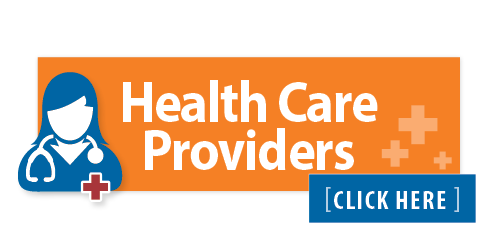
HPV Causes Cancer.
HPV Vaccination is Cancer Prevention.
You already protect your child from other types of cancer. You use sunscreen to prevent skin cancer. You lead a healthy and active lifestyle. You teach them not to use tobacco products. And you can protect them from the cancers caused by HPV, too.
Human papilloma virus (HPV) is a common virus that causes cancers of the cervix, vagina, vulva, penis, anus, head, and neck.
The HPV vaccine prevents the nine types of HPV that most commonly cause cancer. This vaccine prevents new HPV infections but does not treat existing infections or diseases. This is why the HPV vaccine works best when given before any exposure to HPV.
HPV vaccination is recommended for both boys and girls 9-12 years of age and older to prevent cancers caused by HPV. The HPV vaccine has been available for over 12 years and during that time has continued to show that it is safe, effective, and offers long-lasting protection.
For more information about HPV vaccination, talk to a healthcare provider.
HPV Articles & Insights
Getting Caught Up on Vaccinations for a Safe Return to School
Although the COVID-19 pandemic caused many people to miss wellness exams over the last year, it’s important that wellness visits and immunizations not be put on hold. Routine vaccination is considered an essential, preventive care service for children, adolescents,...
4 Things to Know About HPV
Human papillomavirus, known as HPV, is a common family of viruses that causes cancer. In this blog, we’ll explain what causes HPV, how it’s spread, and how to prevent the infection. HPV is a common virus. About 79 million Americans are infected with HPV, with roughly...
How to get the HPV Vaccine
In West Virginia, preteens and teens can receive vaccines at their healthcare provider’s office, a community health center, the local health department, pharmacies and at many school-based health clinics.
Most health insurance plans cover preteen and teen vaccination. The Vaccines for Children (VFC) program also provides vaccines for children 18 years and younger who are uninsured, underinsured, Medicaid-eligible, American Indian, or Alaska Native. Adolescents can receive vaccines at their healthcare providers’ office, a community health center, the local health department, pharmacies and at most school-based health clinics.
For more information about the vaccines recommended for preteens and teens, contact a healthcare provider or visit www.cdc.gov/vaccines/parents.
This information has been developed in partnership with the WV Association of Local Health Departments, WV Division of Immunization Services, the WV Chapter of the American Academy of Pediatrics, WV Primary Care Association, the West Virginia State Medical Association, and the WV Immunization Network, a program of The Center for Rural Health Development.
.

